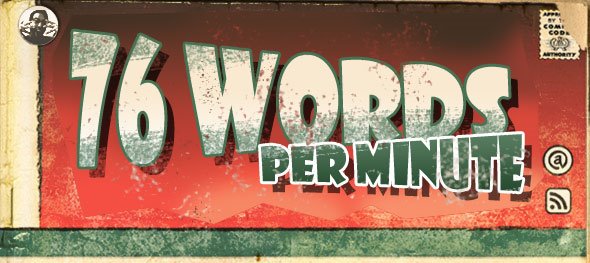There's something about film noir that I really find fascinating. The early dialogue of Raymond Chandler's " Big Sleep" or the easy menace of Humphrey Bogart in " The Maltese Falcon" bring to mind fedoras and cigarettes under the light of a lamppost, but it's the rawness of the language that I really appreciate. Either that or it's the underdog nature of one man attempting to make sense of an out-of-control situation. " Chinatown" is a prime example of this, with Jack Nicholson in the Role of private eye Jake Gittes attempting to win a losing battle. Early noir was characterized by high contrast and smokey alleyways, but now when someone brings something new to the table, it's quite special.
" Memento" is one of those films that brought forth a new flavor to the already dreary noir landscape. One could argue that the Wachowski's "Bound" is an even earlier example of neo-noir, but " Memento" did it much better and with more twists and class. "Bound" cranks up the tension in a way the pre-" Matrix" Wachowskis can never duplicate again (when will they ever make another film?), but "Memento" has brains enough to craft it around a whip-smart screenplay. Maybe this is why I'm such a noir freak; its charm is in its language.
Why all the noir discussion? I just caught last year's very new interpretation on the old theme in the independent film " Brick" earlier this week via the red envelope. Almost a year old, "Brick" never found a very large following in the States, instead garnering a few favorable reviews here and there, it never made a peep. The British contingent actually has greeted the movie with a quite cultish fan-following and I've read the random smattering of praise here and there on message boards and the like, but it was the original review in the LA Times for the movie that caught my eye. They praised it for the originality in its vision, its solid acting, and of course, the new interpretation of an old chestnut. How could I resist.
The film itself is technically a high-school drama surrounding Joseph Gordon-Levitt's character, Brendan in his vow to help his ex-girlfriend Emily (an unmistakable Emilie de Ravin) after she calls him in a frantic and confused mess. Of course, he meets the requisite colorful characters, wrangles with the authorities, and even outwits the local crime lord, but the presentation is where it all comes together. It might be confusing to try and inhabit the pseudo-noir slang (which sometimes borders Shakespeare in its timbre) and the settings are pretty bare, but its starkness and pastel camera palette drive a newish energy into the genre. If it wasn't for the commitment to the plot by both actor and director, " Brick" would border on parody, but it's anything but.
Just after watching a film like this, I now understand more why I'm drawn to both this type of cinema, hard-boiled novels, and even the high-contrast moral interpretations of certain artists. Maybe I'll try harnessing this energy into projects of my own when I have moments of breathing space.
Until then, I can just watch and be inspired.
Subscribe to:
Post Comments (Atom)


No comments:
Post a Comment